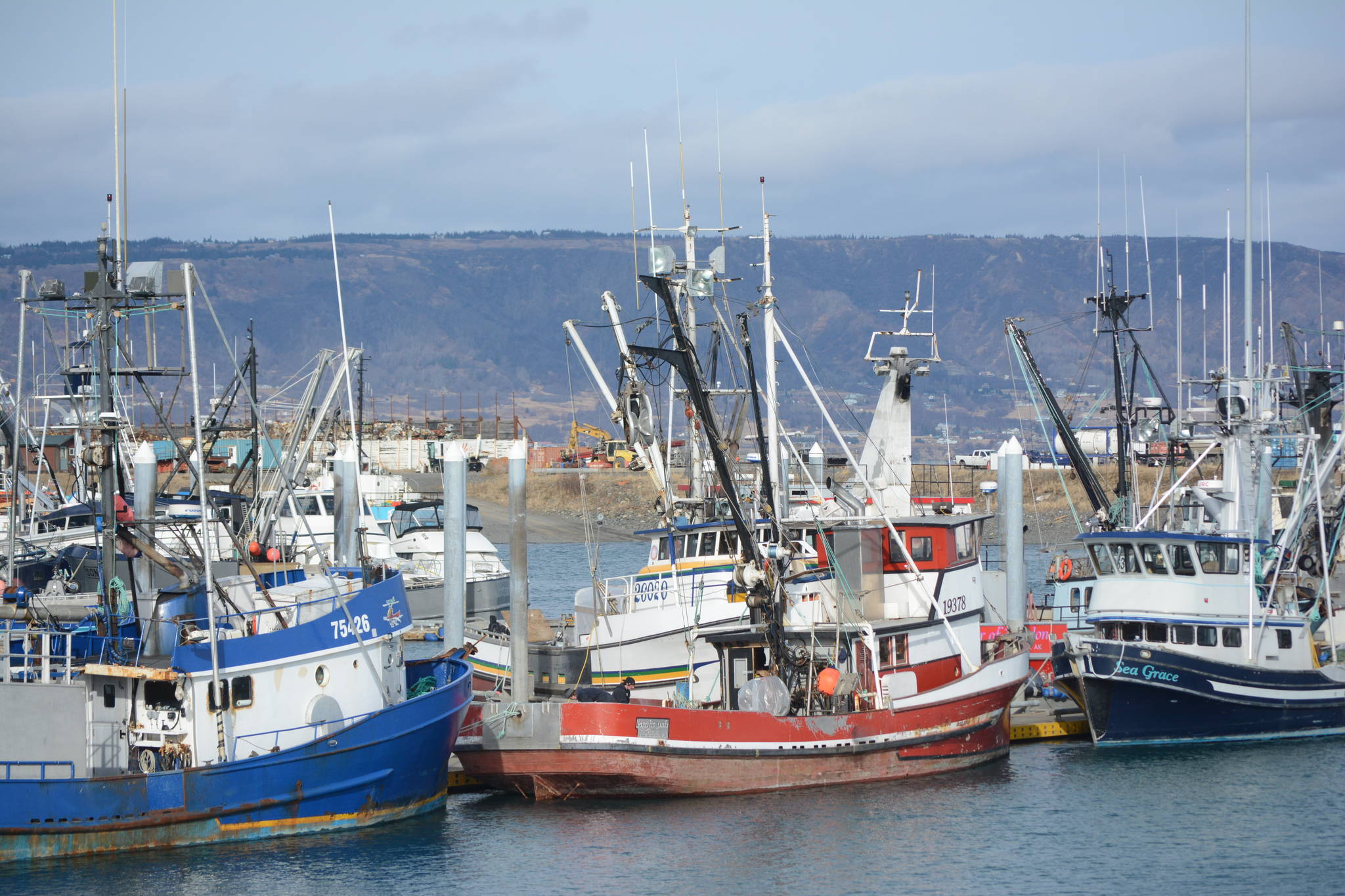It has been a busy week in the fishing industry, from a spate of false distress calls in Southeast, to an Ocean Beauty worker from out of town arriving in Cordova with COVID-19 to an online environmental publication in Canada, The Narwhal, accusing the trawling industry in British Columbia of intimidating on-board observers into under-reporting bycatch.
Halibut bycatch in the Alaska trawl industry is a major sticking point in negotiations between Canada and the U.S. regarding halibut individual fishing quota (IFQ) appropriations.
U.S. Coast Guard District 17, Sector Juneau, reports multiple false distress communications in various parts of Southeast Alaska, putting mariner lives at risk.
According to a press release, the Coast Guard Investigative Service is working with the Juneau Police department to investigate the calls, and urges the public to be aware that knowingly and willfully communicating a false distress message, whether by flare or radio transmission is considered a federal felony.
According to the release, the Coast Guard has launched 102 cases in Southeast so far in fiscal year 2020 that could not be resolved. Those include 64 unintentional/accidental electronic alerts, 15 abandoned/derelict vessels, seven uncorrelated maydays, two people in the water, eight flare sightings and three capsized boats.
“When we launch our small boats and crews, we anticipate that we are answering the call of someone in distress, and it puts us at a serious disadvantage to help those who are truly in distress if we are launching on a false distress call,” said Chief Petty Officer Mahire A’Giza, officer-in-charge of Coast Guard Station Juneau. “We have launched our small boats to search with Coast Guard helicopters for at least two hours on three separate, unresolved flare cases in the Gastineau channel alone over the last two weeks.”
CGIS is offering a $1,000 reward for any credible information leading to the arrest and conviction of a person making a false distress call.
Meanwhile, a fishing industry worker arrived in Cordova for the upcoming season and tested positive for COVID-19, a development that is sure to cause alarm in other coastal communities as they prepare for an onslaught of workers descending from out of town with limited medical options.
The Anchorage Daily News reports that the worker was a machinist for Ocean Beauty Seafoods who was asymptomatic upon arrival but whose condition was caught by the company’s routine testing.
Several Bristol Bay communities have called for the salmon fishery to shut down entirely, something the state has made clear it has no intention of doing.
The Bristol Bay Regional Seafood Development Association has chimed in in support of opening the fishery, saying on its website, “With appropriate safeguards we are confident there will be a 2020 season, and the BBRSDA encourages the use of best available practices for the protection of public and industry health. With this being a very fluid situation, stakeholder leadership is in a state of close communication regarding what options are both available and feasible.”
The state has set out a detailed plan in mandate 17 for how independent fishing vessels shall operate to reduce the risk of infection, and various processors have submitted or are drawing up plans for their fleets.
Also recently, Canadian environmental website Narwhal claims that they conducted a months-long investigation, including interviews with 11 current or former at-sea observers that reveals “a culture of intimidation and harassment that has resulted in the vast and systematic under-reporting of deep-sea fish harvested from B.C.’s coastal waters.”
Narwhal reporting says that “the people Canada relies on to ensure the West Coast trawl fisher is operating within the law are frequently subjected to threats and harassment, making it perilous for them to do their jobs. The result is millions of pounds of wasted fish and untold environmental impacts,” a months-long investigation by the Narwhal found.
A survey among on-board observers in Alaska fisheries last year found that fewer than one-fifth of them feel appreciated by industry, despite their vital role, according to the Alaska Journal of Commerce.
That survey found that about 46% reported being harassed on the job, though, with only about a third reporting it every time. About 40% reported it some of the time and 27% never reported, according to the survey.
Cristy Fry can be reached at realist468@gmail.com



